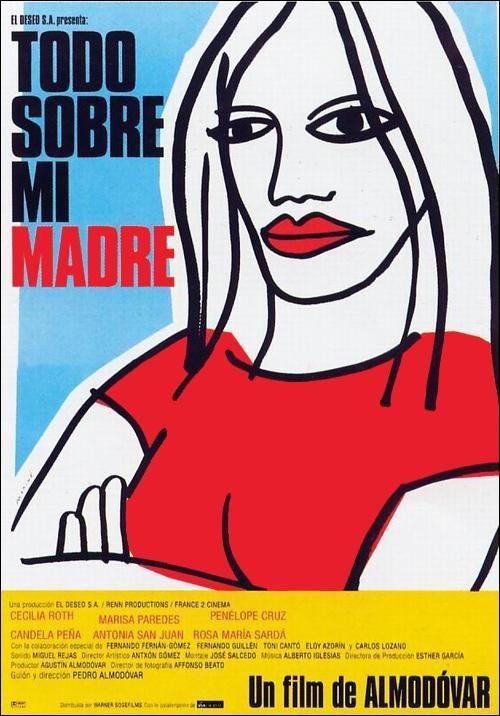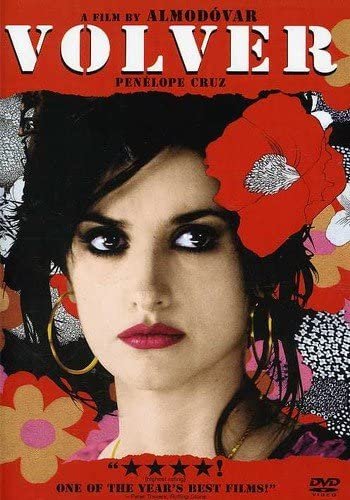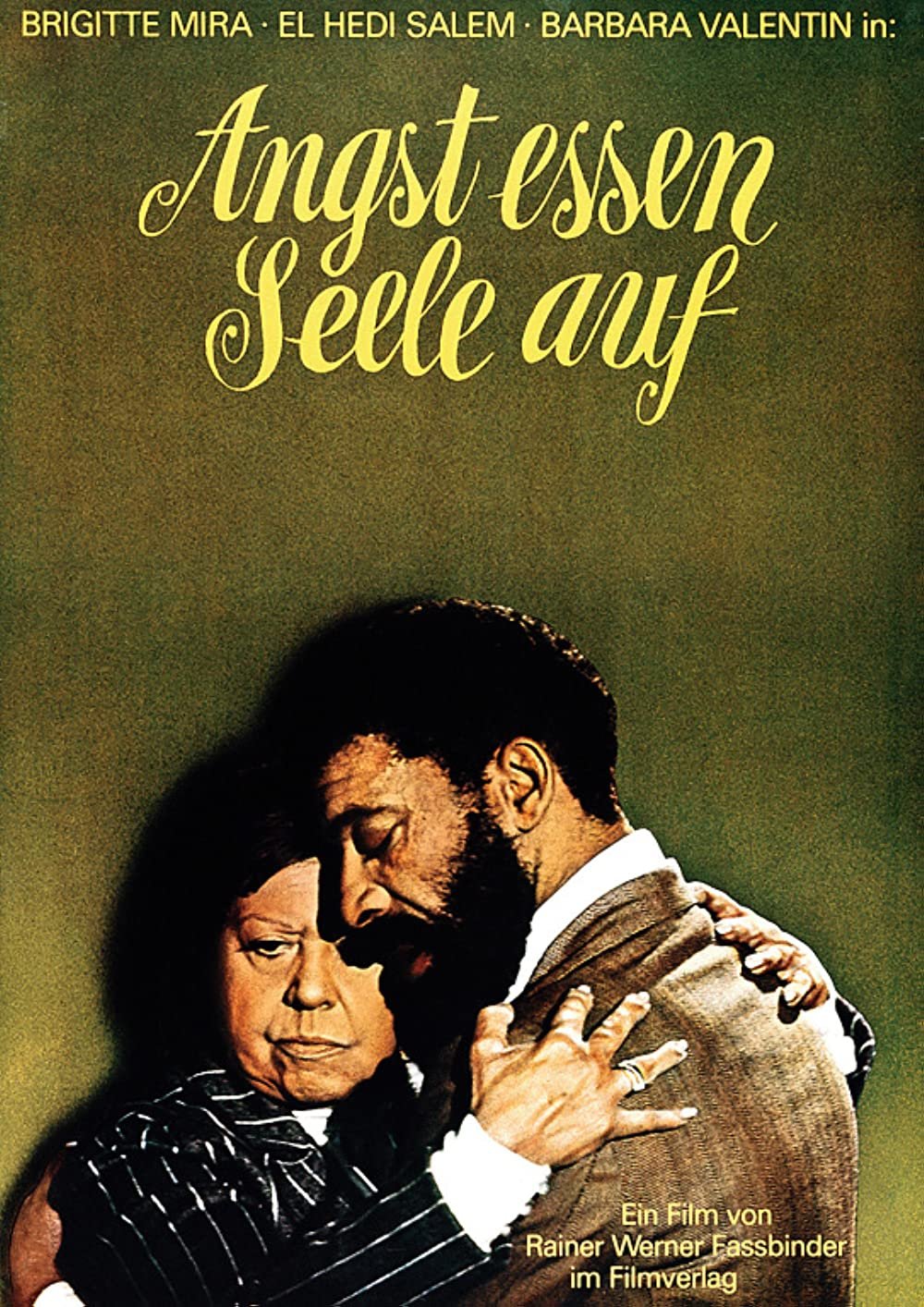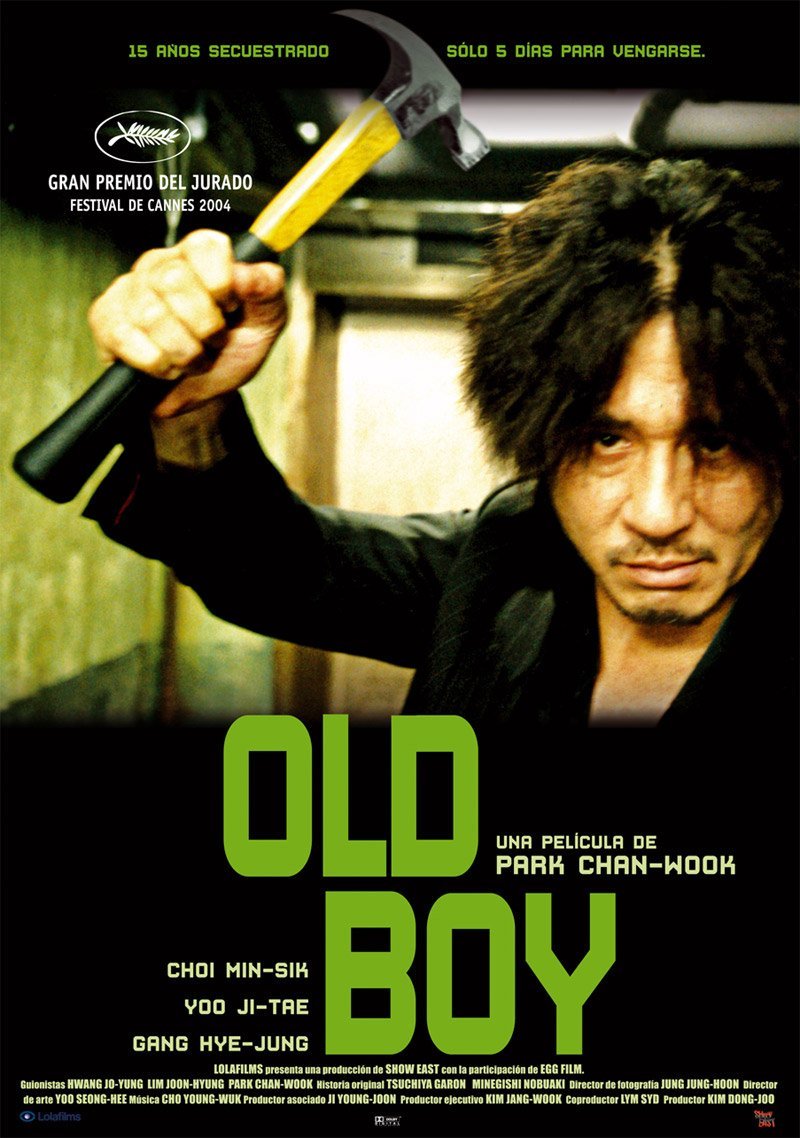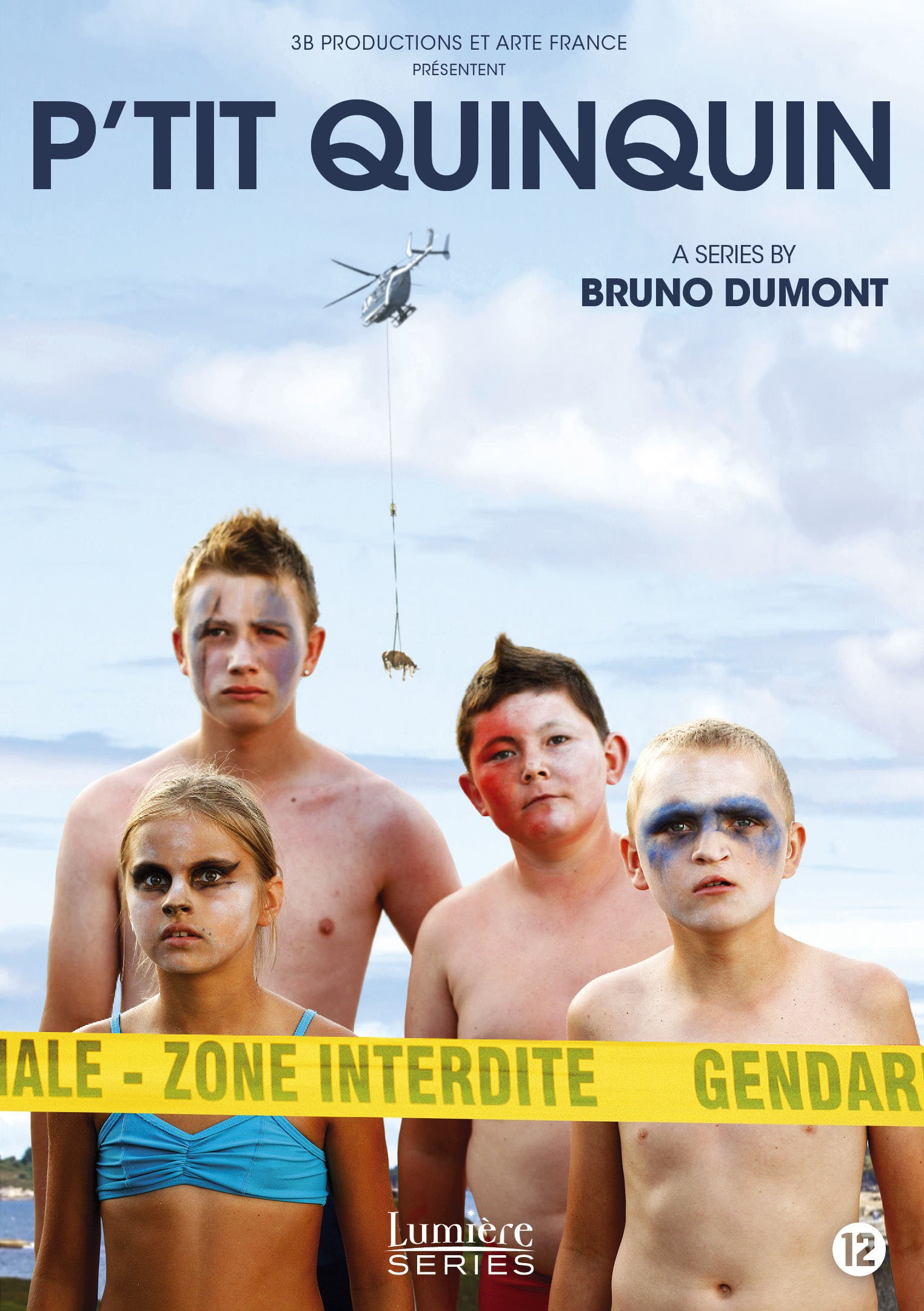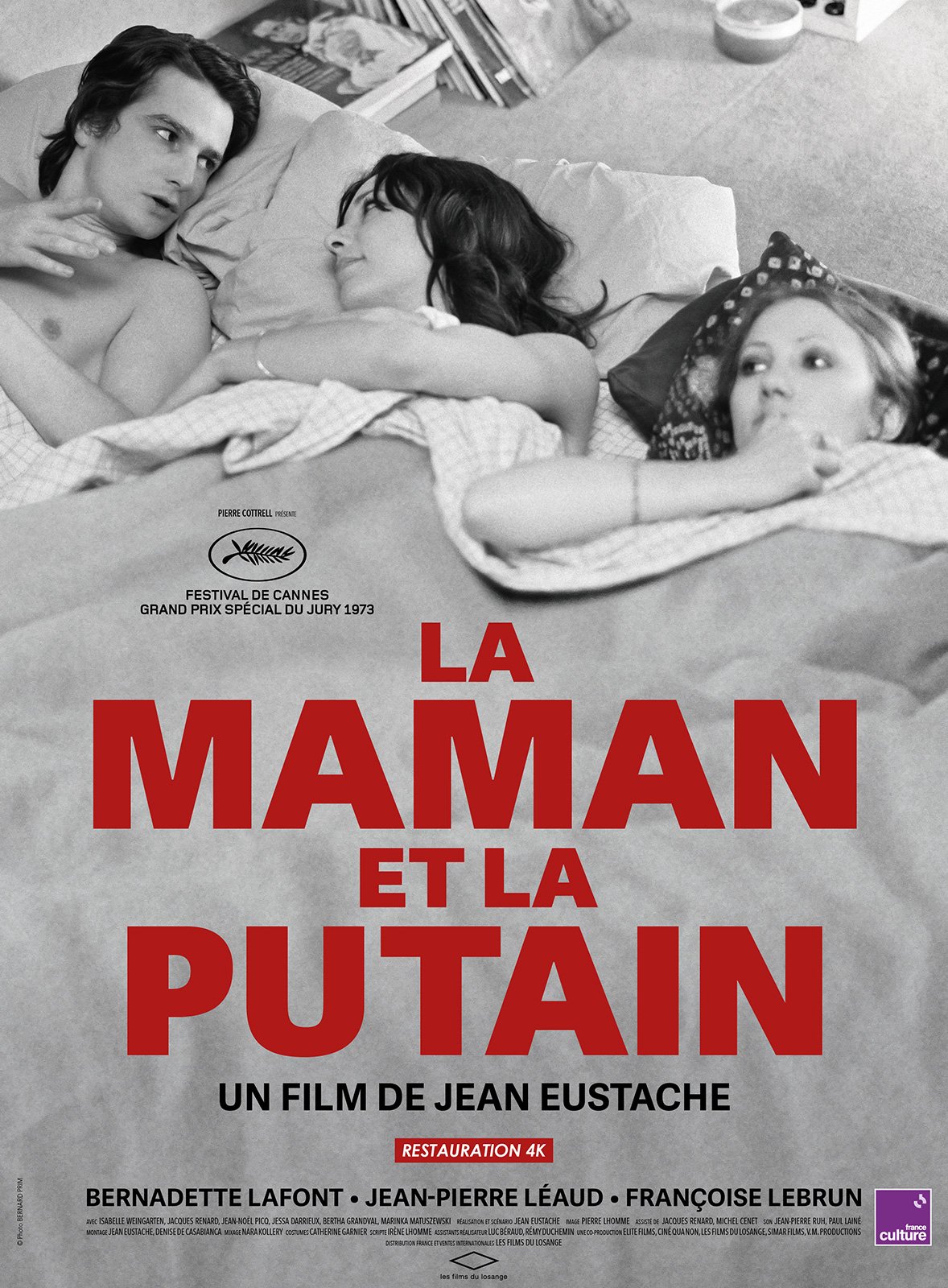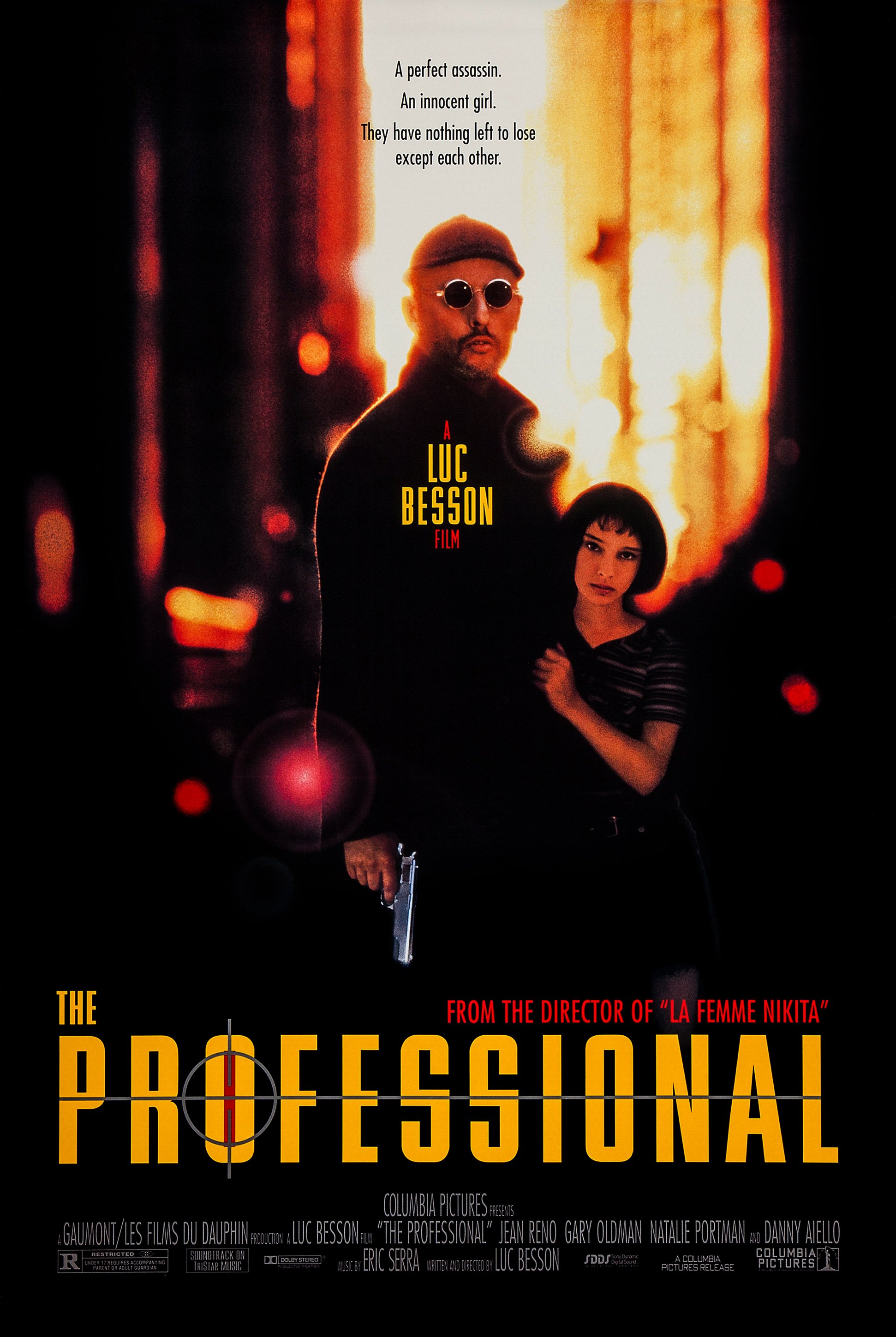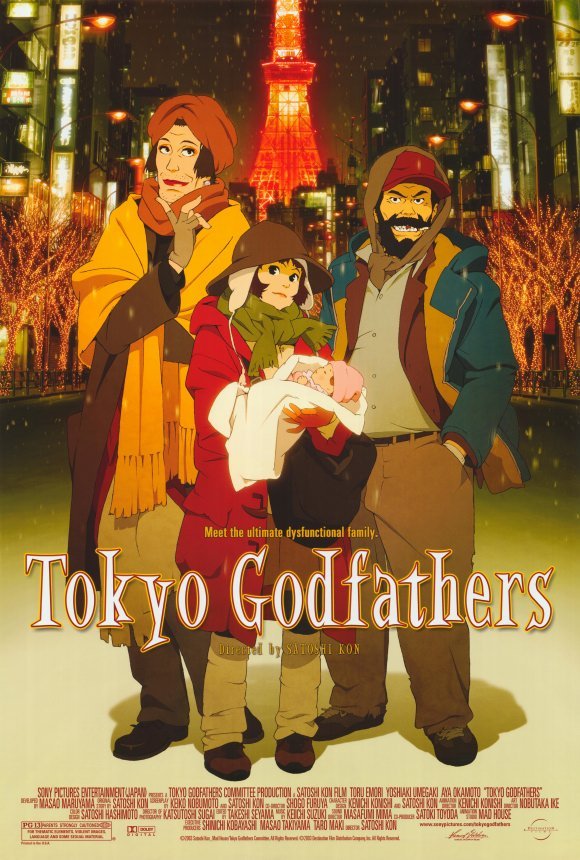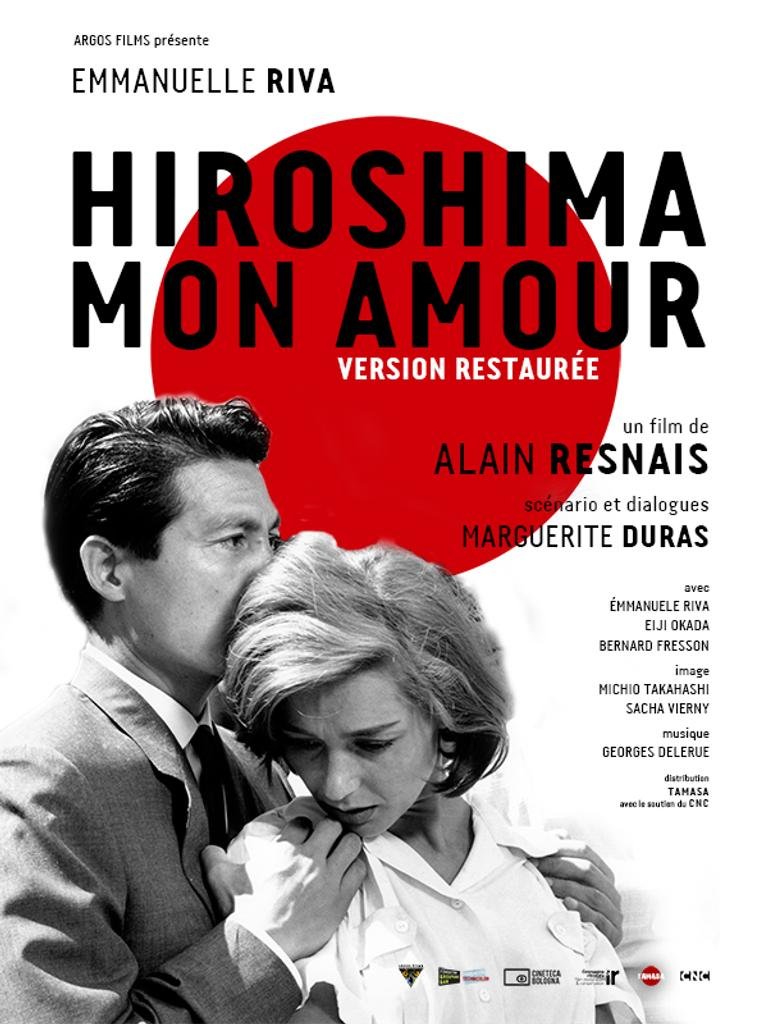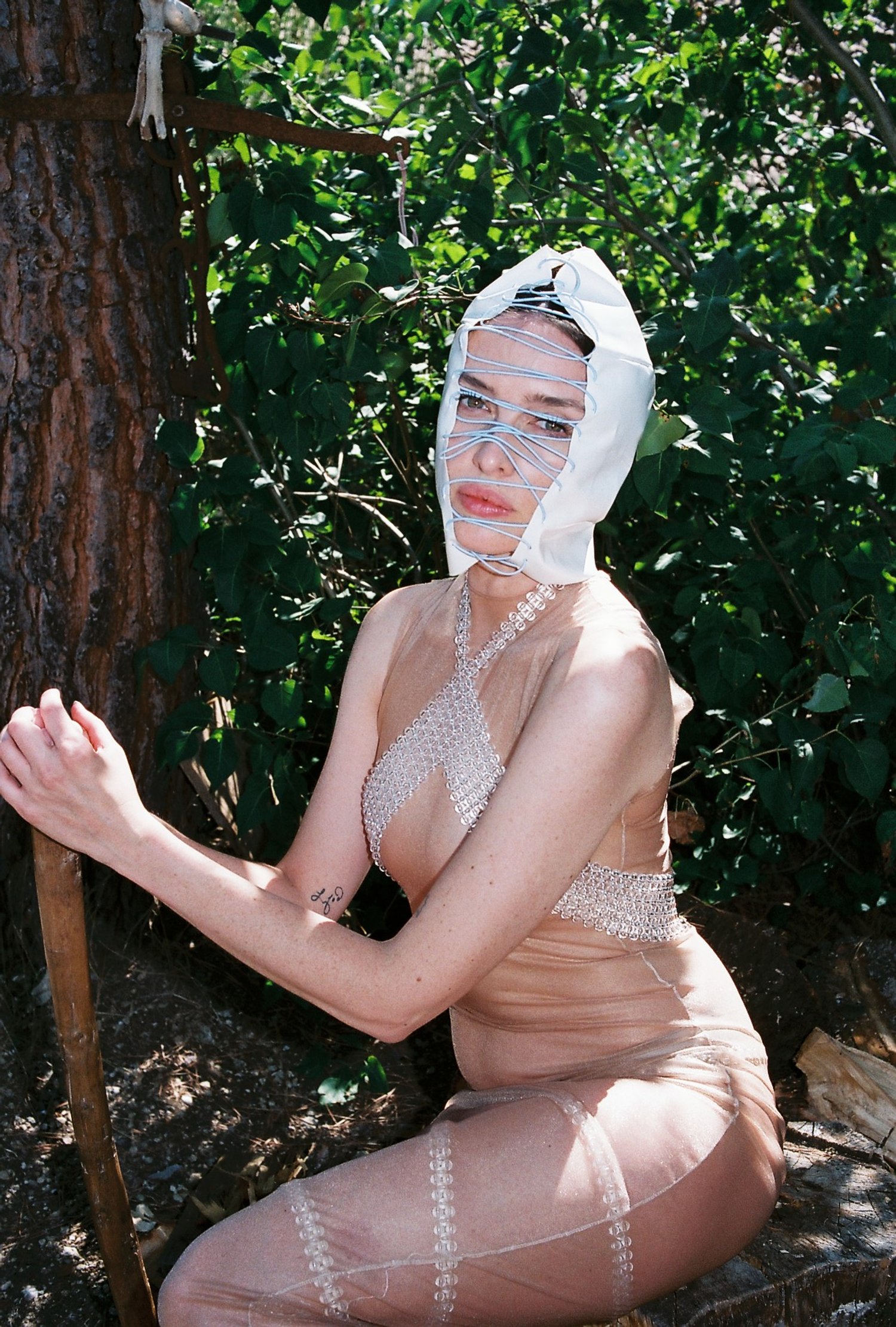A GATA Interview: MAXIME BALLESTEROS, WHERE HAVE YOU BEEN? by Rebecca U
French Photographer Maxime Ballesteros has spent his career capturing the sensual intersection of reality and the surreal. Bored with the mundanity of the every-day, the artist has created countless candid images of overlooked stories that lift us from the ordinary. His work has been featured in major fashion publications such as Numéro, Vice and 032c, and he has worked with many commercial clients as a result of his unique vision and popularity.
In 2020, just as the world was turned upside down with the advent of the coronavirus pandemic, Ballesteros, faced with the prospect of borders closing shut indefinitely, found himself uprooting to the south of France to begin a new chapter in his artistic journey—a huge change for an artist who has become almost synonymous with the city of Berlin.
GATA editor, Rebecca U had the chance to sit down and chat with Ballesteros over video call to discuss the recent changes in his life. Touching on the changing nature of Berlin, love and breakups and COVID-enforced closed borders; this new style of format is one that we hope you enjoy. A more personal and intimate conversation, with an artist who is close to our hearts. Accompanying the article is a rebellious and spiky photo series from the artist’s latest work, titled LAMPOON—a beautiful collaboration with stylist Damese Savidan.
‘Au Village' For Lampoon Fall’22 the Muscles Issue, shot by Maxime Ballesteros & Styled by Damese Savidan
*This transcription represents the core points of the conversation, it is not a direct, full detailed copy of the spoken word.
RU: Maxime, we can hear each other. Perfect. . . it's recording. We are ready to go. How are you? You look great.
MB: I'm good. I didn't have so much time to think about anything.
RU: Of course, no, it shouldn't be like that anyway, it should be as if we just met each other again, casual, like when we met at Schinkel Pavillon, just catching up, super casual, not forced. It was really nice to see you. A super nice surprise actually, ‘cause I haven't seen you in so long.
MB: I might have forgotten that you moved to Berlin, I had no idea.
RU: No one knew, I didn't plan to move to Berlin, it was not intentional. I got stuck here because of the pandemic.
I came here for a two-week holiday with only two weeks’ worth of luggage for summer. After Glasgow. I went back to Australia for eight months and then came here for a two-week holiday because I was still allowed to leave Australia because I had lived outside of Australia for so long that I was considered an outsider tax resident, so they let me leave, but most people in Australia was forced to stay, suddenly, Australia just closed their borders completely, and I got stuck here. I couldn't go back to Australia so I went into super survival mode. I went crazy, insane with the visa applications, lots of letters to the immigration department in Germany, and then, yeah, I went from freelance artist visa, to receiving a resident visa, so now, it's fine, I am a proper resident.
(In actual fact, RU started on a tourist visa, followed by an artist visa, and finally settled on a resident visa).
MB: You managed pretty well because it's very hard. Like people are struggling with that forever, usually.
“I thought, should I just stop and say no to everybody for parties, so that maybe in some years, some people will actually look at the rest of my work. ”
RU: Yeah, exactly. No, I mean, thankfully, it was more like all the decisions I had made in my past, led up to making my move to Berlin a success. It was still hard work though, but it just really solidified my past decisions being the right ones.
MB: You only have an Australian passport? Now you have permanent residency or you have a temporary one?
RU: Oh, so basically, I have a visa for five years and if I keep paying taxes for five years, I get a permanent residency visa, which is actually really easy.
MB: Because my ex, remember Jen, she struggled for years to get the five years and now after 13 or 14 years, she has the permanent one, but it took that long to get it, you know?
RU: I guess because she's an independent business owner, so perhaps the rules are a little different, for me, I work for a company that's very established in Europe. I never planned to live here. I never actually imagined ever living in Berlin. After Tokyo, I had no clue what to do. I was a bit like, okay, I guess I will live in Australia, I accepted this fate, but then this happy accident happened. This weird disaster occurred where I got stuck here and I'm actually quite happy to live here, while you escaped from Berlin at the same time, was this the best decision for you?
MB: I feel like everyone who lives in Berlin, arrived here by mistake. I never planned to stay here, and I was also visiting with my backpack with a friend, we stayed two weeks, followed by one month, two months and so on. Leaving Berlin recently, after 13 years, we took the last flight out of Germany, which was so lucky.
RU: Wait, wait, during the pandemic?
MB: Yeah, it was just before the pandemic. A friend of mine knew someone in the government or something, and she wrote to me at two in the morning or something, saying “Just to let you know, the borders are gonna close, like for good, so if you would want to go somewhere, it's now or never.” I was with my girlfriend and her kid, so I booked the ticket online. At three in the morning, we packed everything and left to the airport hours later. The security was like, you're lucky. It was indeed the last flight out.
RU: Oh my god, that's crazy.
MB: Yeah. Then I was stuck in Nice. I booked some hotels and I didn't know what to do for a few nights, nowhere to go, that was at the beginning, but we managed.
“I love mixing reality and surrealism, things that clash together. I’m exploring aspects of that more.”
‘Au Village' For Lampoon Fall’22 the Muscles Issue, shot by Maxime Ballesteros & Styled by Damese Savidan
RU: So your departure from Berlin was triggered by the pandemic, basically.
MB: Exactly, but Sarah and I, well before we met, we were kind of wanting to live somewhere else the last couple of years, I wasn’t so happy here anymore.
RU: Could I ask why?
MB: It's, uh, quite personal. I think it started when we split up, my ex, Jen and I.
RU: When you two broke up, that was super shocking and really surprising. We all thought you would get married, a beautiful grand wedding. Your relationship from the outside looked like this really beautiful, romantic, classic novel book-type relationship. We were all super surprised that you guys broke up, like really shocked.
MB: Yeah, it was weird, like, I don't know what happened, It just happened, and then with our friends, because we only had friends in common pretty much, I felt I was a bit out, I was a bit more like the solitary person, and I became a bit lonely and I don't know.... like our relationship with our friends made the city incredibly amazing. I saw the city from a different perspective when we split.
RU: It's sad, no, I totally understand that. Like when you are in it, it's fantastic. It's like, wow, I could have really missed out on something, but when you break up, it's like, I wish I never entered this, because suddenly the life we've built up together, this social synergy we've made together, has now made the division feel worse, you feel like an alien within the city and the friendship group.
MB: Visiting clubs and bars was super hard, at the same time, most people in our friendship group had kids, or different jobs/lifestyles/partners, and started to not go out so much, we don't see each other anymore. The scene started to change, now, the scene is very new and fresh in Berlin. Younger people, which is super refreshing. I think it's very nice, but I was happy to skip this chapter of Berlin and go somewhere else.
RU: Absolutely, the relationship you were in was so embedded in your social and work life, it felt like an end of an era when you guys split.
MB: Totally, I didn't know how to go about it. I was like, I don't wanna live in France, I don’t want to live in London and New York, for work, I thought I had to be in a bigger city, so I only thought of bigger cities. Athens I really liked, but I didn’t make any moves until Covid. Berlin was too much of a comfortable place to live in.
“I am not so much online anymore, and I’m working on a new book that I’m putting together, and we live close to Marseille, so I’m also trying to discover more of it, and it’s super interesting in Marseille right now. I mean, I really love it here, it’s close to Paris, like three hours, so I’m also in Paris quite a bit, so far, it’s a very good base.”
RU: You met your girlfriend in Berlin no?
MB: Yeah. We were together a year I think when that happened. She was living in Berlin for the last 15 years, she came to Berlin when she was 11. At some point after isolating in the countryside, she said she didn't want to go back, I said we can try, like a long-distance relationship with Berlin. I don’t miss it, even though I can see how great this city can be.
RU: Are you actually from the south of France?
MB: No, I am from Lyon, but my mom was from around here, and my sister as well, my mom was in a mental hospital at the time, her house was empty, and I was like, okay, we can stay here for a bit, as it didn't bother her. We stayed there for the first few months, then it got complicated. My mum was not doing well, we couldn't find a place for weeks and weeks, etc…
RU: Yeah, of course. I feel you're in a better place now, like, the pieces are in the right places in your life.
MB: Yeah. I mean, I don't know, I don’t want to stay here forever, I feel like I stayed too long in Berlin. I should have probably left a bit earlier.
RU: But it sounds like the relationship was your anchor in Berlin, if you weren't anchored by the relationship, you would have left earlier on your own.
MB: Probably, it's hard to make these kinds of decisions, like when you left Tokyo, it's hard to be like, okay, where do I go next? and to not make the exit specific.
How do you feel sure about the decision? Like with COVID, it was actually, I mean, it's horrible to say this, but it was kind of positive, on a personal level, you know, to help us make this decision to move.
‘Au Village' For Lampoon Fall’22 the Muscles Issue, shot by Maxime Ballesteros & Styled by Damese Savidan
RU: As you heard my story, for me, it's 100 per cent positive. The first time I came to Berlin with Taka after Paris Fashion Week, in 2014 or 2015, I never wanted to live here. I was like, yeah, it's totally fine as a holiday destination for a weekend, and that's it. I thought there was no money and no work. I just had this idea that the lifestyle here was just partying and vacation, you know? But to be honest, since COVID happened, and I was forced to live here, it was actually the perfect timing to live in Berlin because I think things have changed a lot, where there are more jobs, more startup companies, and the city is actually transforming, transforming from a place where there weren't many jobs for outsiders. In the past, you had to work in bars to survive, now, there are a lot of jobs and opportunities for ex-pats.
MB: Absolutely. That's what made me want to leave Berlin actually. I came to Berlin for the freedom, what we knew of it back in the day, and it turned into a little money-making machine. Berlin is pretty ugly, there is nothing attractive aesthetically and visually. The people and how free most could be was where the beauty was. I started to feel new tensions on the streets, in Neukolln for example, where families had lived two or three decades, and they suddenly got pushed away, I felt like an invader. It created way more division.
I remember going to all the gay clubs, and there would be some super straight dudes, girls of all genres, queer or not, and everybody was, or felt welcomed because we were all mostly, you know, broke or poor, and money was not something anyone would look up to. That definitely changed in a dramatic way and is long gone.
I think that Berlin is on a verge of blossoming again right now in a very different way. When I left, everything to me felt really low, very artificial, and more and more divided by social class, gender, appearances, identities and sexual orientation.
I remember the first time, they didn't let my girlfriend get into some party because she was a woman.
This kind of vibe made me so sad as well, people building walls around them, closing themselves more and more off. It just became like any other medium – a big city in my eyes.
‘Au Village' For Lampoon Fall’22 the Muscles Issue, shot by Maxime Ballesteros & Styled by Damese Savidan
RU: Mm-hmm. No, I totally agree. I think it's the luxury of having a lot of freedom in a metropolis city, also, of course, like when Berlin was Berlin when the wall was up, people really, I guess, needed unity when the wall was up, but when it went down, they all connected, but now there's too much luxury of different tribes and groups and options and opportunities where divisions are now created, and of course, like every other attractive city, gentrification happens, so more divisions happen, and you know what, that's the nature of it, and for me, that makes life here easier for me ‘cause I have more opportunities than before, like when I first came here in 2014 or 2015, I didn't see how I could live here, I didn't see how I could fit in.
MB: Yeah, but you know, I thought, back in these times, Berlin is not a city to visit, it's a city to experience, to live day to day life, it was different than the usual class system, with money and so on, and that was something that you didn't feel, like people would hide their Rolex, would not show up with their Porsches, they would take the U-Bahn, you know, everybody wanted to be kind of equal, which I really valued and loved, at least that is the way I felt and perceived Berlin. It was so different from anything I knew and experienced before.
RU: Paris is the extreme version of that, during fashion week, the energy is incredible, but then after fashion week, it gets pretty real, you see what Paris truly is, it's very divided. There are enclaves. The people from Paris, central city, the bourgeoisie, and then outside in the suburbs, are so different. They're separate. If you had a particular last name from a particular ethnic country, you would never get a job in the Parisian City, it's horrible. It's super divided. Everything disturbs me.
MB: Yeah, but Paris is changing the other way, it's weird. It seems like the bourgeoisie, kind of got unstable, quieter, people are pushing in and they're doing great stuff, like young, amazing kids from all backgrounds, from all ethnicities, so there's a new, fresh air in Paris, a great feeling, but what I noticed in Berlin, the last time I visited, I saw a new generation starting to take over, just in time, and in a very good way.
I'm happy to visit and I'm happy to see how it's evolving. I'm not spitting in the soup, I think it's going somewhere very interesting, it's just extremely different, and I think that when you live long somewhere, you just have these memories. Things you wish you could still do. Meanwhile, it's good to change. I don't see myself being in one place.
The countryside experience is great, and I'm learning so much here, but it won't be forever, maybe the next would be outside Europe. Who knows.
‘Au Village' For Lampoon Fall’22 the Muscles Issue, shot by Maxime Ballesteros & Styled by Damese Savidan
RU: Asia could be your thing next.
MB: Yes, Sarah would love that, me too I think.
RU: Where is she from?
MB: Indonesia and she grew up there and in Cambodia, she moved to Europe when she was 11. She stays deeply rooted in South East Asia, and her family as well. I don't wanna speak for her, but I feel that part of her is there, and part of her is here, and that can't be easy, so maybe, maybe, maybe Mexico City, it is a place I love, but I don't know, we'll see, for now, I am very happy here. I'm learning, I feel like I'm learning life, living in the countryside.
RU: Of course, your attention is more focused now, it's not so distracted and spread out by shallow elements, like in the countryside, it is very simple and basic so your attention is hyper-focused on what is really primal and really of interest.
MB: Yeah, and like, lots of things I always dreamed to do !! like ride dirt bikes in the woods, I got my motorcycle licence here.
I always loved driving, road trips, the technique of it, etc.. and riding anything with wheels. The moto makes me incredibly happy, and as corny as it sounds, seeing the sun every day, being back in touch with nature, and moving a lot, does something to you.
I shot a few editorials here and I loved it, but I need to travel to a bigger city for my street photography.
RU: Yeah I know, you are super prolific. I mean, from the photo work I've seen of you, you have so many photos taken from within one event, to know you take so many photos from one event, imagine that in one week.
MB: Yeah, I was taking a lot. So I take a lot fewer photos on an everyday basis now, and I think that it's actually not a bad thing, I wanted to take a step back and make my work evolve. Let it breathe for a minute, and now I'm always looking forward to travelling, and being back in the streets, there's always something to shoot there.
My work has changed, it has matured a bit over the years. I stopped the party photos, I made a decision a couple of years ago.
RU: You were telling me, you stopped your style of Maxime photos. You said you've stopped this now, which is what everyone loved, loves, loved before, and now, what is it now? is it more like your day-to-day living and more related to your lifestyle?
MB: No, I wouldn't say the style has stopped, but the surroundings and the content evolved. I just felt like I did a big tour of the night scene. I only started doing that because I was just very curious. I love observing and it was a scene I didn’t know about, back in France, the party scene.
In France we were hanging out with friends at the bar or at home, like, I barely went to a club before Berlin. The clubs I knew where I was growing up were only about fighting and/or picking up someone for the night. Nothing fun or interesting to see or experience.
After 10 years or more doing that, I was like, I think I might have seen enough, I travelled the world shooting events, from the supermodels to the super punk, it was becoming a bit redundant and I stopped enjoying doing it all the time. I felt like I didn't need to keep doing that, and I also felt in my career, it was affecting me in a bad way because people always saw me as the nightlife photographer because some of these photos got published a lot, but I loved every bit of it and had some of the best times shooting this.
RU: Yes, there is another essence to you, besides the guy who takes party photos.
MB: Yeah, so I thought, should I just stop and say no to everybody for parties, so that maybe in some years, some people will actually look at the rest of my work.
When I look at my portfolio, there are almost zero photos from parties. It was super fun, made me travel in the world, and I met truly amazing people, it also became very different with the rise of social media.
I use to go somewhere and I was often the only one taking photos and people would be very enthusiastic because they were like, “Oh, somebody's gonna take our photo.”, but when everybody started to go on Instagram, it was like, stay out of our little group, we are doing our own photo. I understand, people probably get more and more scared of what's going to be posted online ‘cause everything is very visible.
“Paris is changing. It seems like the bourgeoisie, kind of got unstable, quieter, people are pushing in and they’re doing great stuff, like young, amazing kids from all backgrounds, from all ethnicities, so there’s a new, fresh air in Paris.”
RU: Yeah, before it was like a private journal or diary of an event that you went to. It is very personal and it was like, oh, we just uh, saw this website that had a collection of photos from this event, it was so special you were there, but now, it's on Instagram, and people expect that you'd publicise them, so they run away.
MB: Exactly, it was very different, “cause I would go to an event, and shoot it, and people would wait for a week to see what would come out, and it was quite special, but then I think, you know, there are a lot more interesting things to do today.
Times have changed, the world has changed, I think we all have to kind of see it and move on and also change our perspective on it, and, uh, it's good to see people virtually taking photos, some people are amazing with their selfies haha.
I don't do drugs. I don't even dance, doing my photo thing was my main reason to be out, and to stay out ‘till the early morning often.
I was like, maybe something's gonna happen, and I would go from party to party, but because of that, I never really belonged to like a group. I was a bit of a butterfly, observing, and studying almost, as stupid as it sounds, I just love people, I was truly fascinated by the interactions, the unexpected situations, the perfect compositions, etc...
RU: I can definitely sense that. When I met you in Paris, I could sense you were very introverted. I knew that you didn't take drugs or didn't do the typical party stuff at all. You just enjoyed being there with good, nice people and seeing the quirkiness, the quirky happenings of the situation and capturing it.
MB: What was interesting was that I started doing that, very almost ironically, because I was not in that scene at all. I never made fun, but I was trying to catch all these awkward moments, but then people kind of liked it and then they asked me to do more, but I don't know how much people want to see that because this scene is sacred and telling the truth, or honesty is not really on anyone’s agenda, which I understand, business is business.
It's just, uh, changing. Lately, I've done a few editorials where I could really express myself (lack of a better term), collaborating with stylists I love, and with Sarah as well, and that's super thrilling to me, but I also love the real-life thing. Reality never stops attracting me, finding cracks and bumps in it, finding beauty and humour and sadness in it, always trying to understand the world I think.
‘Au Village' For Lampoon Fall’22 the Muscles Issue, shot by Maxime Ballesteros & Styled by Damese Savidan
RU: You are using your senses and intuition to see the weirdness of the situation. You are the only one who captures that right moment and angle.
MB: Yeah, what I didn't like about the party thing was that when it became a job, it started to pay really well and then the client was now expecting something that would cut out my freedom. I always loved, parties, when I was on my own and I didn’t have a client to please, no expectations you know, I can just take three photos for myself, only of the things that truly interested me.
RU: So with your editorials, you said you have more personal artistic reign because your artistic direction before, I really liked, where things were quite symmetrical.
How's it different now?
MB: No, it's in the same vein, same eye. I love mixing reality and surrealism, things that clash together.
I'm exploring aspects of that more. The thing is, when COVID started, for the first time, I joined a photo agency, Berlin-based, and with them, I started to do a lot more commercial work, which I never did before, and that is also super interesting. The editorials also became less D.I.Y., they send me producers, they organise so much logistics, the whole package, ‘cause before, everything was D.I.Y., everything was no budget, no stylist, no H&M.
RU: That is the upside of commercial shoots where you have the opportunities and the ease of access to clothing or models and things like this.
MB: Yeah, for the editorials, the agency takes care of a lot of things I usually would do alone.
RU: Where have you travelled recently?
MB: Uh, not much. Just driving a lot in Europe, touring Spain, and for a few weeks, I was in Italy, Zurich and Germany. I can't wait to go back a bit further away. I actually used to hate travelling, but doing my work made me enjoy it so much. I don't care for holidays far away for example.
“I wouldn’t say the style has stopped, but the surroundings and the content evolved. I just felt like I did a big tour of the night scene. I only started doing that because I was just very curious. I love observing and it was a scene I didn’t know about, back in France, the party scene.”
RU: Mm. Yeah, of course. You spent a bit of time in Asia before right?
MB: A bit. I had some commercials there when I was in Tokyo, when we met, it was for my birthday, so it was very personal, a rare occasion haha. I'm looking for a project like anywhere in the world because I know when I'm travelling somewhere that's when I'm really shooting a lot on the street or, you know, like when we were in Tokyo, I would follow you and Taka, just follow the flow and try to meet people, to understand as much as possible.
RU: Tokyo is super easy like that too. You don't have to try that hard to fall upon something super insane. It's just like the natural nature of the city. Of course, Berlin is crazy, but Tokyo is really more insane.
MB: Yeah, there's more variety, maybe? I dunno. I'm really attached to the reality captured in photography. It's always what I'm searching for; it's what I really love, and to get that, you need to travel to different places, be in reality and interact with it. I have also always loved movies that deal with reality.
RU: Out of curiosity, what would be three or five or whatever top three movies, that really affected you? I mean, it's a hard question.
MB: I love Almodovar, All About My Mother, Volver, Ali : Fear eats the soul, Old Boy, P’tit Quinquin (it’s a mini-series more than a movie), La Maman et la Putain, Léon: The Professional, Satoshi Kon/Tokyo Godfathers and Hiroshima, My Love
I am really into Beat Takeshi and Wong Kar Wai, these guys I really love what they do; they deal with reality.
I dunno why; I always found life to be very dull. I think it's a bit vain. I don't see much meaning in it. That's why I'm so interested in photography because stories give meaning to life. Stories give you substance, anybody's stories don't matter who gives you something, and that is what I am after in my work. These little stories make the world we live in.
RU: No, it's very true though. I mean, it's not nice to meet people or to be in a situation where people just live very easy smooth lives, you need a bit of texture to have some kind of story.
MB: Exactly, because I can get really sad when I don't have these kinds of things reminding me that there are so many stories and so many complexities in life. I think it has always been my main interest in whatever project I do.
RU: I mean, there are definitely certain movies that I watched as a youth, coming from the suburbs that really energised me to just be really provocative, you know, to be the super disruptor in society. I remember films which inspired me to be the super disruptor, to really provoke people, to be a reckless mess in the street, recently, there have been not many movies like that.
MB: Imagine Pasolini doing a movie today! It would be cancelled right away, maybe Gaspar Noé might be one of the last one doing something on that level?
I don't know if people would accept these kinds of movies anymore.
RU: I think also because of the Corona situation, I feel the majority just want to be soothed and to be comforted, they don't want to be too provoked anymore. They don't want to see the reality of things.
MB: We love to find problems everywhere and to judge and to be like that, you know? I feel like these movies were a point of view; a lot of movies I respect, but I don't like personally, but I understand what they would talk about, and I get that that's something we should talk about. It's not for me, but it's ok. Like somebody else might like it. Coming back to Pasolini is not really my thing, but I think it's important that it exists because the world is vast and complex, and so is the human mind. There are a lot of artists, actually, who I respect a lot and believe their work is important, but I don't personally like it.
“After 10 years or more doing photos at parties, I was like; I think I might have seen enough; I travelled the world shooting events, from the supermodels to the super punk, it was becoming a bit redundant, and I stopped enjoying doing it all the time.
I felt like I didn’t need to keep doing that, and I also felt in my career, it was affecting me in a bad way because people always saw me as the nightlife photographer because some of these photos got published a lot, but I loved every bit of it and had some of the best times shooting this. ”
RU: Yeah, yeah. That's the best angle I think, to take on anyone's opinion through whatever method or from whatever platform, and it doesn't have to agree with you, but the thing is, the world is infinite in information, opinions and visions, it's all very subjective in the end.
MB: Yeah, but I think a good idea is a good idea.
RU: Yes. Yes.
MB: Whether you relate to it or you like it, I think, good ideas are important and they're inspiring, even if you don't like something, it can still be inspiring in a way, and that's true, that there's less and less, but let's see, because with Netflix and everything, like giving money to a lot of younger or not very famous directors, there's, I feel, there's a lot of things which might come in the near future that could be different, it is going to be like a slap in the face.
I'm not hopeless at all, I think there are new means and new media and new outlets to be able to do movies that are not super mainstream. I hate to be pessimistic, but it's gonna be okay, I have faith in the new Generation.
RU: I completely agree with you, Netflix is a really good example, because I listened to an interview with the guy who started Netflix.
It started as a movie rental company, but then really elevated itself to be basically the microphone for the world where it introduced Asia, Africa, and people who were usually hidden away by the film industry, and put them on the main stage, Netflix really promoted that, I really value Netflix for doing this, giving the microphone to the world, to make the film industry available to everyone.
MB: And that's very true because we used to watch mainstream movies that were American, French, Italian, British, German and Spanish, but now, it's from all over the world, and that's quite new, that's something that's amazing for sure because we get different tastes that we never had before, different contexts, and that's really cool for the future.
RU: But what are you doing in the South of France? How are you keeping yourself busy?
MB: Some work, because I do prepare all the projects from here, and I find it to be quite a good balance because when I'm here, I have the peace and everything to work on stuff, and then when I go shoot, I do my thing, and then I come back, the shoots are usually in bigger cities, so I get my social time which I lack here.
I would like it to be a bit more balanced; it's getting there. Aside from that, I mean, I'm from the countryside, not the nice countryside, but, I don't know, I always saw myself as a city boy, but actually right now, for a few years, I really enjoy this, there's so much to do. I got the house here, so there are things to do in the house. There are things to do with the kid, with the dog, and with the motorbikes. I feel like I never have time to do anything; days are so full all the time.
RU: But that's good, though. The things you are busy with are actually soul-building; it's not like you're busy online all the time.
MB: I am not so much online anymore, and I'm working on a new book that I'm putting together, and we live close to Marseille, so I'm also trying to discover more of it, and it's super interesting in Marseille right now. I mean, I really love it here, it's close to Paris, like three hours, so I'm also in Paris quite a bit, so far, it's a very good base.
RU: Sounds like a really good balance.
MB: Yeah, right now, I couldn't see myself living in Paris because I still need to take the dirt bike and go up in the forest. A lot of work trips, I take the car, go to places, it's all these little things, I think it's gonna be for a few years, and then I don't know where it is gonna take me.
My life will always play a big role in my work. I love working so much; there is barely any distinction between the two. I get really sad when I don’t work. I love photography and video; it's a huge drive in my life and everything around it.
The challenges, the travelling, meeting people, the connection, finding ideas, discovering, etc...
RU: You're definitely one of the rare people who do love the work they do, very few people in the world love the work they do. It's quite depressing to know that the majority of people in the world, either don't have a job or they just hate the work they do and they're stuck in that for the rest of their life. It's really awful.
MB: And that's why I feel like you also seem to love the work you do.
RU: Yeah of course! We are very lucky.
MB: I have to remember to remind myself from time to time, what a privilege it is to love what you're doing. It's like, when I work, I’m like, yes! like cool, I'm gonna do that, I'm never in a bad mood when I'm working.
RU: Yeah, yeah, yeah. It's so heartbreaking to think that the majority of, I guess, first-world country people hate what they do and they're stuck in it. They have no way out. It's actually really heartbreaking for me that this is humanity, that's what they spend their life doing, and the human body is so complex, the mind is so complex, and they're stuck in this work cycle.
MB: I remember when I was 15 or something, my dad was working in a company, and with school, we had to do an internship for a week in whatever company. My dad made me work in this factory where they were doing the same tasks all day long, chain work. I just did that for one week, and it changed something in my head.
That's when I started pushing for more, working as much as possible on building knowledge and learning about the things I loved.
RU: I totally agree. I first had this sensation being in the school system, a place where a schedule was planned for me, it was something really abstract for me as a child. I thought it was super strange that already, I'm born, I'm young, and suddenly, there is a schedule made for me, where I go somewhere at nine and leave at three every day for like the next eight years. I was like, this is very strange and I don't enjoy any of this, so why am I forced to go here? And so already, I wanted to get out of this cycle that was planned for me, to do my own thing, that is completely free-form, using my own judgment.
MB: I never had so much problem with the school thing. My mom was a teacher and I guess she put the school thing in a nice way for me. When I was 15, I got into a high school for art, like a specific school, where you do art, like technical design and very technical things.
During high school, I met my good, oldest friends who are still with me today, like 20 years later, they're still the people who I call my family. School is a good memory because I got accepted into this school and it was for free, you need to make a portfolio and everything though. That was really, really, really cool, and that's why I started photography, they had a photo lab and everything.
RU: Oh, incredible. That's beautiful.
MB: Was truly an amazing experience, and then I went to art school for five years and that
was also like the best experience ever. There was so much to break into, to challenge and to learn, like, I learned so much in those five years, I think I learned more things back then compared to the last 10 years.




